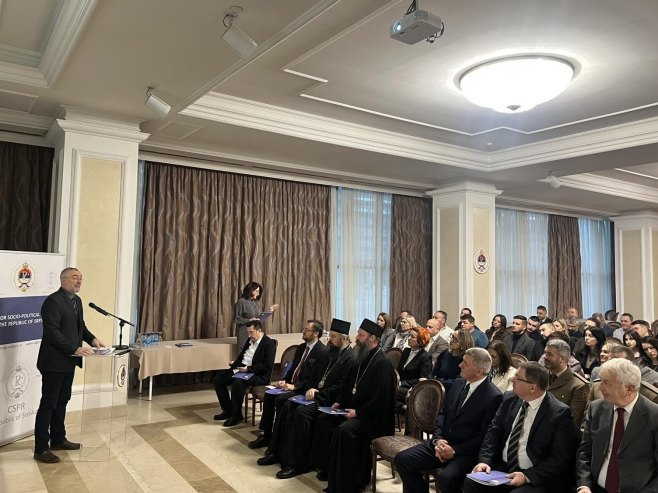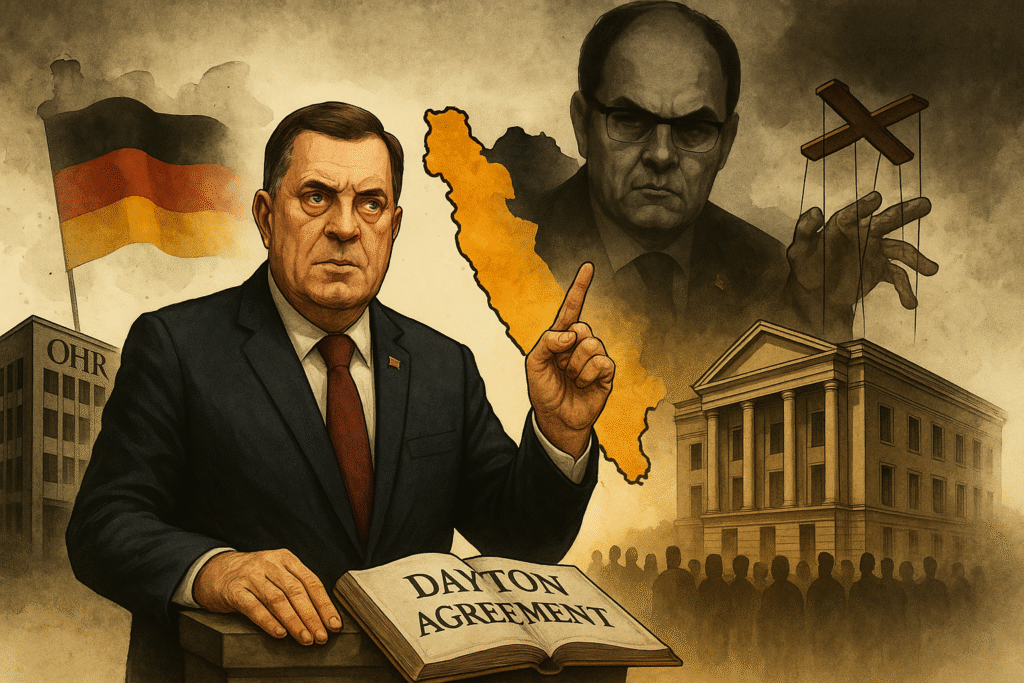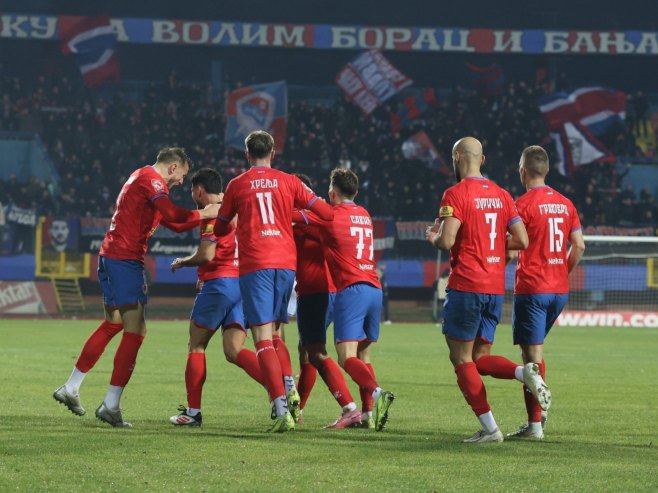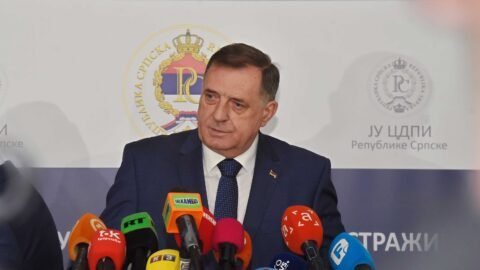The political conflict between Republika Srpska and the European Union is entering a new phase, with the president of Republika Srpska, Milorad Dodik, at its epicenter, reports German media.
Although at first glance this may appear to be a matter of personnel politics, behind it lies a much deeper and more serious political struggle – one for the preservation of the entity’s autonomy and the people’s right to decide their own fate.
According to the German portal Junge Freiheit, Dodik is in a political clash with the “High Representative” of the international community in Bosnia and Herzegovina, Christian Schmidt, a former minister in the German government.
“Although Schmidt was never confirmed by the UN Security Council—undermining his legitimacy in the eyes of the authorities of Republika Srpska—he continues to make decisions that deeply interfere in the internal political life of BiH, often contrary to the will of local institutions,” the portal states.
Dodik’s resistance to these actions has been met with sharp criticism from Brussels and Berlin, while he maintains that he is fighting for the respect of the Dayton Peace Agreement and the rights of Republika Srpska, which are clearly guaranteed by that document. In reality, this is part of a broader conflict—between the idea of sovereignty and the growing efforts to centralize BiH under the influence of foreign actors.
The political and institutional crisis in Bosnia and Herzegovina is thus deepening, and relations between Banja Luka and parts of the international community—primarily the EU—are becoming increasingly tense. Instead of dialogue and compromise, political pressure, judicial measures, and attempts to discredit elected leaders are increasingly being used, further complicating the already fragile situation in the country.
The central question remains: does the international community truly seek dialogue with legitimately elected representatives of the people, or is its goal to impose control at any cost—even at the expense of peace, stability, and democratic principles?
Source: RTRS









